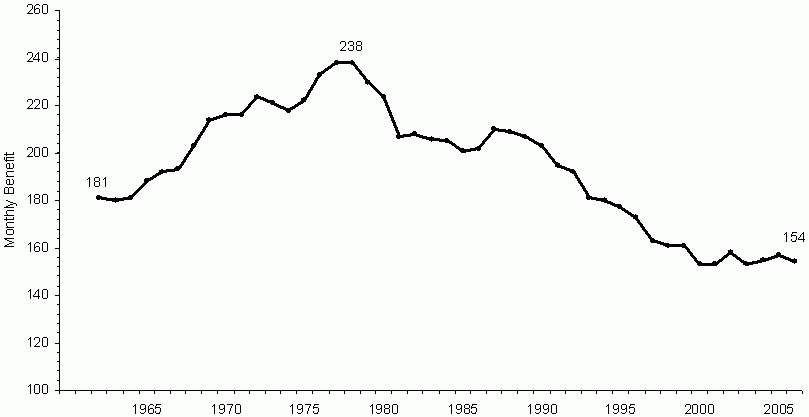Goal vs. Hope
Write it down
Outcomes should be so tangible that you can taste them. The mission and vision should be seen everywhere you look, and punctuate each conversation. If the end result too big (this is usually the case when you don’t know where to start), it may require you to ‘chunk’ it down into bite sized pieces. Larger than life outcomes are conceivable when they are first organized into a series of projects, and then those projects can be broken down into specific actionable tasks that are succinct enough that you are able to check them off a list. Continually reaffirm to yourself that progress toward the end result is happening.
First: Review what you are currently doing.

It’s foolish to start running without assessing which direction you’re pointed. Start with a quick brainstorming session in which you review of all the activities you engage in for the purpose of marketing.
Select three of your current activities that require the most time. One of the most common excuses that get in the way of starting anything new is, “I just don’t have the time”. These current activities will offer the greatest resource for your new outcome. All that will change is the intentionality and purpose designated to the time offered.
Second: Review the End Results you want to experience.
It’s easy to get stuck doing the same activities day after day. In order to find an end result big enough to justify the natural pain associated with change – think outside of current circumstance and recognize what your reality might reflect if certain experiences hadn’t taken place in your past. Lift your gaze a little higher than your current viewpoint – imaging what your horizon might look like if you weren’t restricted to daily demands.
In review of all the imagined scenarios, select the top three that fit into your optimum experience landscape. Don’t talk yourself out of this step in the process, because unless it’s considered now – plans fade to wishes and get lost in routine activity.
Third: What will create the greatest benefit to the reason you exist – only.

Every decision carries reasoning that is directly related to the end result and auxiliary reasoning that isn’t usually articulated (but influences the decision). There is nothing wrong with enjoying your daily work. There is a good chance that you will be drawn to certain outcomes because of unspoken intrinsic personal motivation. There is no harm in these factors, but this is first and foremost a business objective. The only real baseline for business today (in the end)—is profit and loss. It’s a lot easier to seek a Zen state when you’re not hungry.
One reason why 3% of Harvard MBAs Make Ten Times as Much as the Other 97% Combined?
“Have you set clear, written goals for your future and made plans to accomplish them?” In 1979, Graduates from the Harvard’s MBA Program research found that:
- 84% had no specific goals at all
- 13% had goals but they were not committed to paper
- 3% had clear, written goals and plans to accomplish them
In 1989, the graduates of that class were again assessed, and…
- The 13% of the class who had goals were earning, on average, twice as much as the 84 percent who had no goals at all.
- Even more staggering – the three percent who had clear, written goals were earning, on average, ten times as much as the other 97 percent put together.
Source: The Mark McCormack book What They Don’t Teach You in the Harvard Business School.
